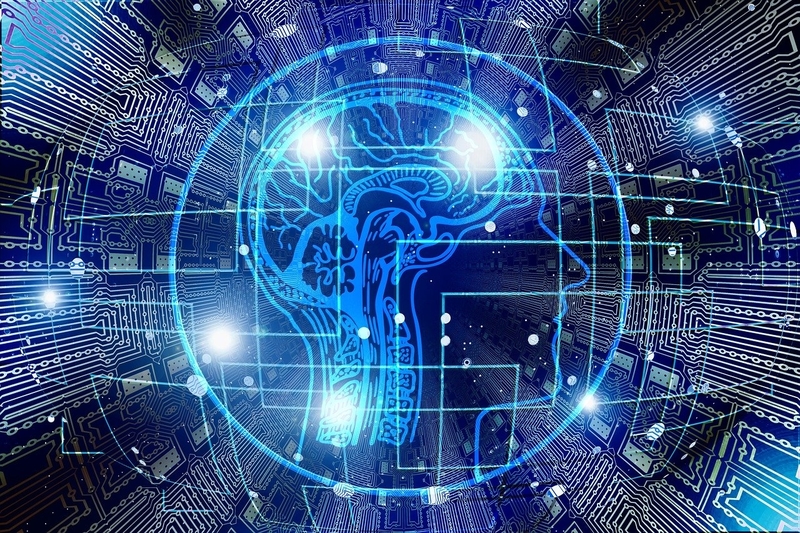Note: Participation in this event is by invitation only.
Artificial Intelligence (AI), in the context of policymaking, refers to a collection of computational technologies and algorithms which can make decisions semi-autonomously by learning from pre-existing data or operating on intelligence extracted from information. In the realm of what exists when we think of AI, we are in fact really engaging with ML technologies operating for specific use and consuming a very large quantity of data.
AI uses pre-existing intelligence, a large part of which is obtained from data extracted from communities – both of which have considerable commercial value. However there aren’t, at present, adequate forms of policy intervention to govern the extraction, trade, and use of this data that can discourage harmful behavior, in terms of the social or economic rights of the communities the data is extracted from. The creation of the physical infrastructure, that is hosting and processing this data is also dependent on sophisticated technology, expensive raw materials, and the requirement for dealing with existing transnational monopolies – all of which requires separate policy engagement.
The commercial use of AI is to automate hitherto human driven mental labour (in ways analogous to machinery replacing physical labour) with the intention of increasing productivity or making existing processes more efficient. The kind and degree of mental labour being replaced is sufficiently distinct from the limited kind that pre-existing digital technology replaced. These uses could be in industrial processes being automated, processes in key sectors employing several and large sections of the Indian population, for instance, in agricultural and mining processes, requiring the use of language and “common sense” present in customer relations, or even within the software industry.
The use of AI will expectedly have deep impact on the political economy, on work, wage, and labour, which are all urgent issues facing policymakers. With large potential gains in productivity as well as drastic alteration of work conditions for a large segment of the mass, sudden depression of wages, or annihilation of entire job sectors with no guarantees of creation of significant new jobs to replace them, the impact of AI usage commercially is clearly a fraught policy space, that need careful and collaborative assessment by academics in several distinct areas.
AI and policy, as an area, is not limited to building the economic governance of data, hardware, and the technology itself. There are issues of sovereignty, power, and democracy at stake here. Current AI technologies will alter global trade and the trade of data across borders. Given the current dearth of policy making the de-facto existence and incursion of AI technologies in certain areas of governance may well end up with CODE both preceding and dictating policy. Moreover, AI technologies have demonstrated the power to affect mass opinion, social relations, and democratic processes.
Thus it is imperative that technologists, policymakers, social scientists, and academicians of many hues do research in this area, and make certain that policymaking on AI is robust and holistic. Can the policy interventions end up benefiting and protecting the rights of communities that will be deeply impacted by such technology whose advent is already a reality?
Schedule
9:00 – 9:10 am Introduction by Prof Shishir K Jha, Head – CPS
9:10 – 10:00 am 1. Anupam Guha & 2 Respondents
10:00 – 10:50 am 2. Bidisha Chaudhary & 2 Respondents
10:50 – 11:00 am Tea/Coffee Break
11:00 – 11:50 am 3. Siddhartha Sengupta & 2 Respondents
11:50 – 12:40 pm 4. Shivaram Kalyanakrishnan & 2 Respondents
12:45 Lunch
Image by Gerd Altmann from Pixabay
